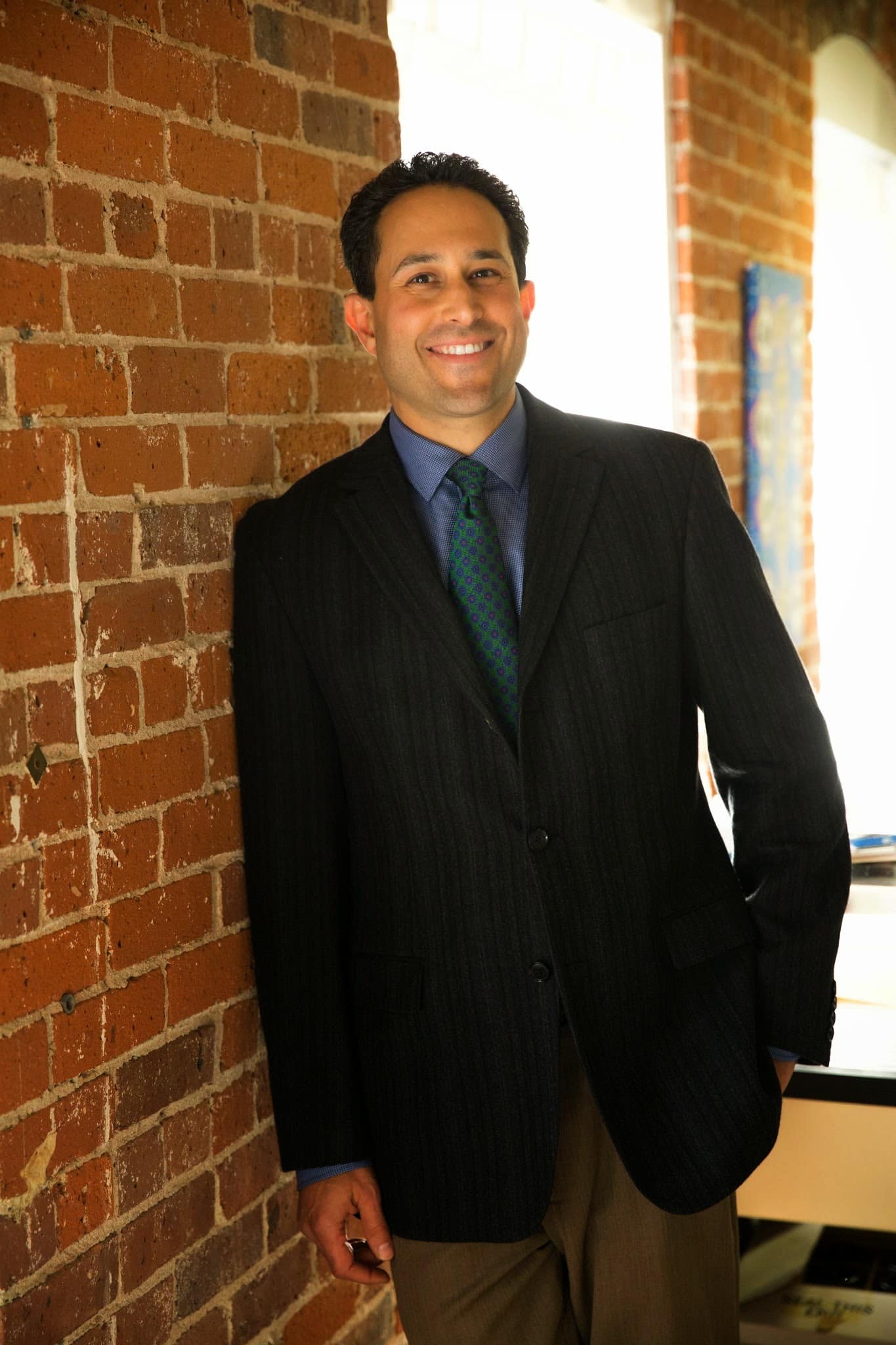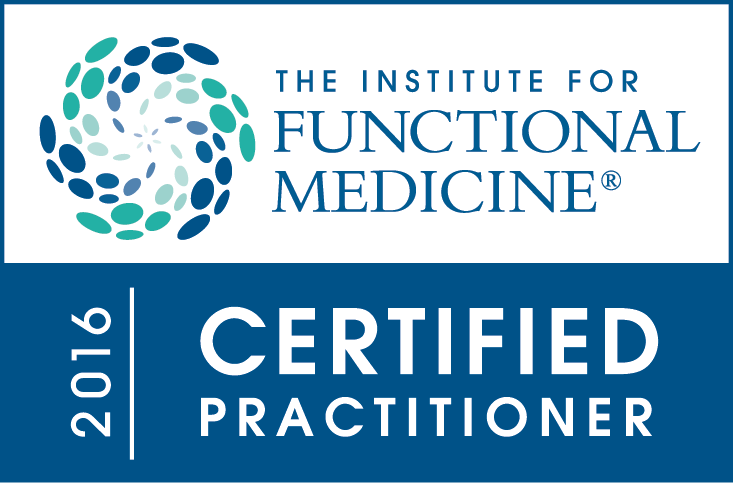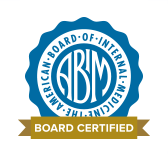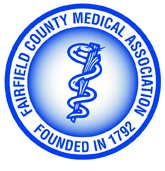
I have learned that just telling someone what to do or what medicine to take is not enough for getting patients healthier. This is why I truly enjoy my role as a teacher, motivator, and guide. I collaborate with my patients, empowering them with the knowledge and confidence to take the actions necessary to improve their health and their lives. If my patients are to believe in and enact the advice I give, that means I have to “walk the talk.” This is why I’m focused on maintaining my own healthy lifestyle. Eating right, exercising, practicing stress management techniques like yoga and meditation, getting adequate sleep, and enjoying time with family and friends in turn make me better able to help my patients.
But I did not always uphold the good habits I practice today. If you’re interested in learning more about how I got here, please read on…
I started out life in the suburbs of Philadelphia, PA, eating a fairly healthy diet. My mom is a very health-conscious home chef, but even she would admit that my diet then was probably not as healthy as it is now. There was definitely a fair amount of my favorite high-starch meals, like spaghetti with butter and oregano. I even remember getting up early on Saturday mornings before my parents were awake to sneakily add several spoons of sugar to the bottom of my bowl before putting the cereal on top. I was active, playing with my younger brother and friends in the neighborhood, playing baseball and basketball, skiing with my family in the Poconos, camping and hiking with the Cub Scouts and Boy Scouts, running cross-country, and playing tennis. My life was happy and healthy with few, if any, health issues other than allergies.
Going off to college at Oberlin was a fairly easy adaptation, but definitely led to some not so healthy practices: unlimited Cap’n Crunch for dinner! Beer! Pizza! Ramen! Velveeta Shells & Cheese! I remained active though, riding around campus on my bike and playing intramural sports and racquetball.
Things changed a bit when I got to Hahnemann Medical School (now Drexel University). There was definitely a lot more sitting. Sitting all day in lectures. Sitting in the library studying. Sitting in my apartment studying. Some hospital rotations in my 3rd and 4th years were brutal, such as general surgery, when I just worked, ate, and slept when possible. My diet was generally fine – but there were plenty of soda and snack foods to help with studying. There was also a lot more stress. Aside from eating, I didn’t really have many methods to deal with stress other than running and bike riding.
Residency in Primary Care Internal Medicine at Yale was a huge change. I made it through many stressful days and nights pretty much alone in the ICU, making life or death decisions without much support. I ate what was readily available, which was mostly ziti or pizza, and I drank buckets of coffee. The job was non-stop and all-encompassing. If I was lucky, I got maybe two hours of sleep when I was on-call at the hospital. In my free time, exercise (and everything else) took a back seat to catching up on sleep. When primary care clinic hours came around once a week, which was my favorite part about residency, I was usually too tired to think clearly. Frighteningly, one morning I almost drove off the highway, getting to the clinic after working an overnight shift in the ER. After residency, my health was just not the same. My energy level was a lot lower and never quite returned to pre-residency levels.
After residency, I worked in Primary Care Internal Medicine for about 15 years, which I enjoyed immensely. Back when I started out, I did it all: nursing homes, hospital rounds, house-calls, weekends on-call, and long office hours. There was nothing quite as enjoyable as seeing a long-term patient and catching up on how he/she was doing or solving a difficult problem for a patient and returning them to good health. But the healthcare system started to take a turn for the worse, with insurance companies and Medicare creeping more deeply into the practice of medicine. Visits got shorter. Paperwork and then the computer electronic medical record (EMR) came into play. This is when I really started to see the writing on the wall. My time with patients was even more limited, and I was further exhausted from having to battle with insurance companies to allow my patients to get their necessary tests and medications. I still enjoyed my work, but it just wasn’t the same. When I wasn’t with patients, I was working on my computer, mostly doing mundane tasks like prescription refills and documenting in the medical record. My activity level went down, as did my free time and my enjoyment of life.
Around this time, a colleague introduced me to Functional Medicine. This led to an infusion of excitement and energy. Through my two-year training with the Institute for Functional Medicine, I learned an enormous amount about how to use nutrition and lifestyle medicine to help myself and my patients to be healthier. You would think that this would be taught in medical school, but that’s not something that is included in most medical school programs. I soon began to see dramatic benefits for myself and for my patients. Making simple changes in my diet, like eating a lot more vegetables and cutting out processed foods, really paid off. I started exercising and taking yoga and meditation classes. I saw significant changes in my appearance (waist size down almost to what it was as a college freshman), in my mood, and in my energy level. The same happened for the patients who took my advice. I saw patients able to taper off medications or not need medications at all.
It was at this point that I phased out of my internal medical practice and started working with Dr. Kara Fitzgerald, who is a guru of Functional Medicine based in Sandy Hook, CT. Through my time at the Sandy Hook Clinic I have honed my Functional Medicine skills to the point where I’m able to help even the most complex patients who have seen multiple specialists and tried all the standard treatments. I pride myself on being able to help those with various conditions who aren’t interested in taking the conventional route of medication and monitoring the condition as it gets worse. I treat patients much more successfully by identifying and treating the underlying causes of their conditions rather than simply prescribing medications to relieve their symptoms.
Making changes in your life that lead to better health isn’t easy but doesn’t need to happen overnight. No matter where you are on your personal health journey, you can start now by making small adjustments which can have profound benefits. I look forward to hearing your health story.
Education Summary:
- 1992: B.A., Neuroscience; Oberlin College; Oberlin, Ohio
- 1996: M.D. with honors; Hahnemann University School of Medicine; Philadelphia, PA
- 1999: Residency in Primary Care Internal Medicine; Yale University School of Medicine
- 2014: AFMCP (Applying Functional Medicine in Clinical Practice), Institute of Functional Medicine
- 2015: FACP (Fellow of American College of Physicians)
- 2016: Institute for Functional Medicine Certified Practitioner (IFMCP)
- 2017: Bredesen Protocol™ Certified for the prevention and treatment of Alzheimer’s dementia
Dr. Litwin is on the Medical Staff of Danbury Hospital, where he formerly served as Section Chief, Division of Outpatient Medicine. He serves on the Board of Trustees of the Fairfield County Medical Association and is a Fellow of the American College of Physicians.




